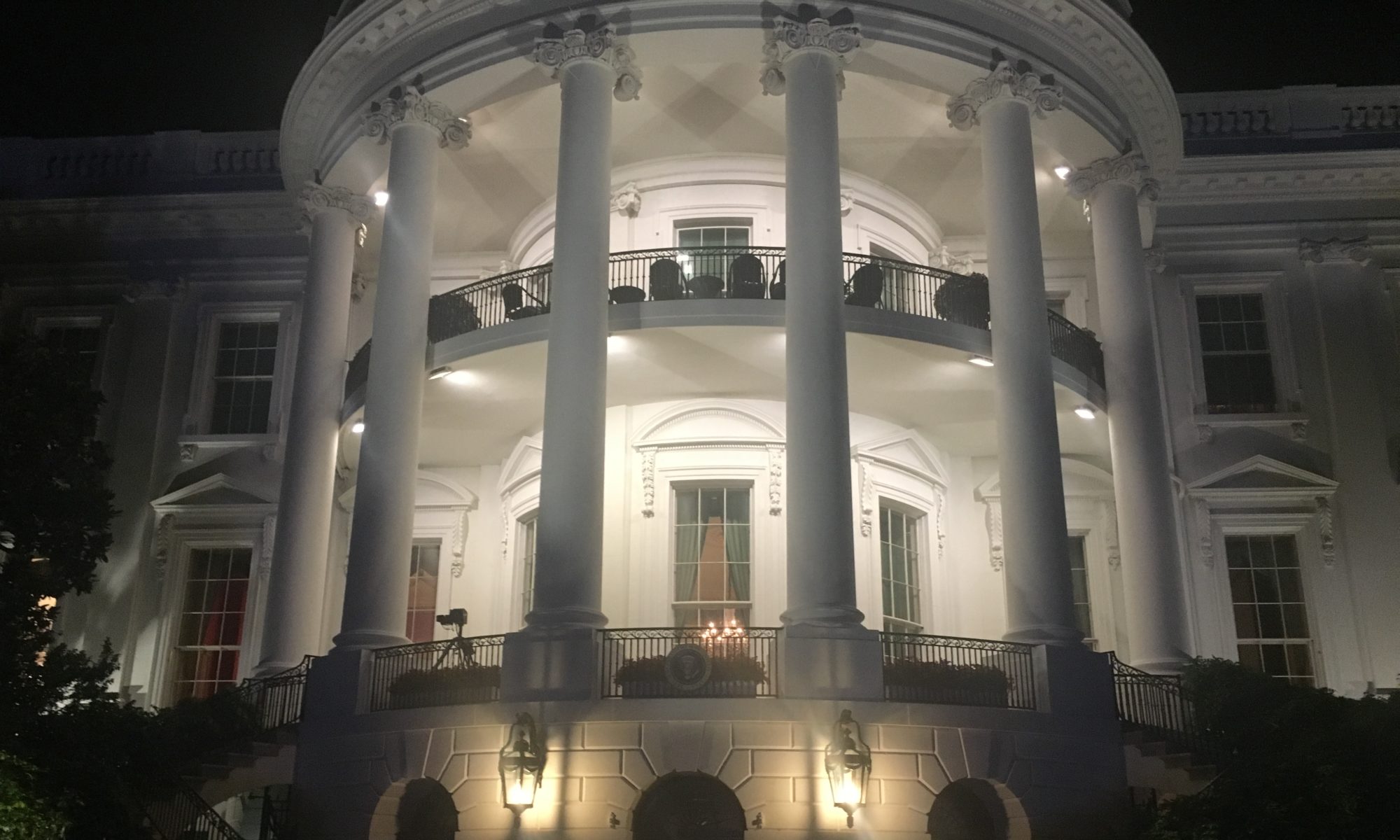Yesterday’s report that the Justice Department was set to launch an investigation of “discrimination” against white students in colleges and universities, together with the introduction of the RAISE Act, which would replace current immigration law, which favors uniting families, with a “merit” based points system purportedly favoring skilled workers, makes it clear that this administration is doubling down on policy driven by white supremacy. We should not fool ourselves, though, that these two proposals represent anything new. In fact, both represent a return to the status quo circa 1950, before a series of cases culminating in Brown v. Board of Education began to force open the doors of educational opportunity for African Americans and before the Immigration and Naturalization Act of 1965 eliminated quotas based on national origin.
Trump, faced with plummeting poll numbers, is nakedly appealing to the bottom feeders in his base who are blinded by racism and xenophobia. The reality is that the RAISE Act is an effort to return the U.S. to pre-1965 immigration policy which favored white Europeans over immigrants of color from Asia, Africa and Latin America. Like most policy rooted in hatred, its proponents do not recognize the inconvenient facts that contradict their narrative of poor, uneducated Black and Brown hordes swarming our shores. African immigrants, for example, are the most educated immigrant group, even more so than Asian immigrants (Source: “It Isn’t Just Asian Immigrants Who Thrive in the U.S.,” Noah Smith, Bloomberg View, 10/13/15). More than 43% of African immigrants have a bachelor’s degree or higher. As for the stereotype of impoverished Latinos, as of 2015, the overall unemployment rate of Latinos was 6.6% (Source: Bureau of Labor Statistics). Just today, Senator Lindsey Graham blasted the negative impact that the proposed bill would have on South Carolina’s two main industries, agriculture and tourism. We should remember that these same nativist sentiments greeted those who immigrated from Europe at the turn of the last century, like the great grandparents of doughy, snarling racist, Stephen Miller. Xenophobia and fear of “difference” is as American as apple pie, but it is terrible policy that will hurt our economy.
The administration’s attack on affirmative action is another example of policy based on the false narrative of the intellectual inferiority of Blacks and Latinos. Foes of affirmative action tell themselves that unqualified minorities are taking the spots at prestigious colleges and universities from “deserving” white students. This belief has fueled a decades’ long assault on affirmative action. If fairness is truly the concern, it is curious that the Justice Department is ignoring legacy admissions, whose acceptance rates are often triple that of the regular applicant pool. Of course, legacy admits are disproportionately white (At Harvard, 93% of the legacy admits in the Class of 2018 are white, compared with 61% of the class as a whole (Source: “The Class of 2018 By the Numbers,” The Harvard Crimson) and affluent. The truth is that the students of color at prestigious colleges and universities have 4.0 GPAs and SAT scores in the 700s just like their white peers. Many of us spent our freshman year reciting those scores and GPAs to our skeptical classmates.
The truth is that this investigation is not driven by any concern for fairness, but by a recognition that forty years of access to America’s top institutions has created a deep bench of successful people of color. In my Harvard class alone, we can boast of a federal judge, a United States Attorney General, numerous brilliant doctors and leaders in fields from academia to law to biotech to finance among the Black and Latino alumni. That is what the RAISE ACT and the attack on affirmative action are trying to prevent – the continued development of diverse American leaders. The truth is, white supremacy has made far too many Americans fearful, fragile and lazy. Not only do they not want a level playing field, they want to keep us off of the field altogether.

do you get tired of my writing that you nailed it entirely? “Doughy, snarling racist” — YES!